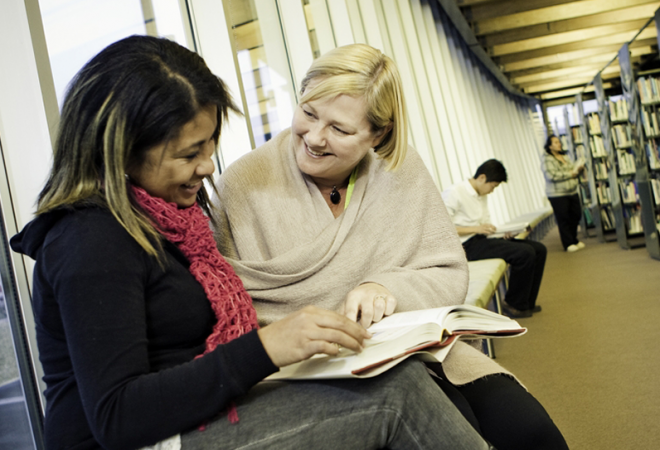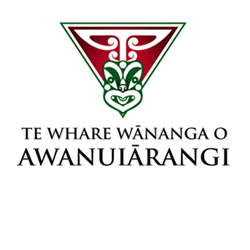
Ka nanakia hoki ‘ki’ te numeracy (Better than before)
Status
Completed: 12 February 2019
Project Details
A project, by Te Whare Wānanga o Awanuiārangi, to explore the relationship between te reo, kaupapa, mātauranga, and Māori achievement in numeracy and how cultural pedagogies might enhance numeracy teaching and learning in Wānanga.
Aims:
The aims of the project were to:
- investigate the place of equitable privileging of mātauranga and reo ā-Iwi (tribal knowledge and language) with mātauranga and reo of numeracy (numeracy knowledge and language), in tertiary teaching and learning
- determine what kind of model for teaching and learning of numeracy could be most applicable in Wānanga settings
- design a learning/teaching tool that is able to manage needs for mātauranga and te reo ā-iwi and mātauranga and te reo numeracy
- identify barriers for Māori students’ numeracy achievement and identify numeracy needs of Māori students across disciplines
- provide evidence for the design, implementation and evaluation of innovative and sustainable numeracy education models for Wānanga students and kaiako/teachers.
Methodology:
A mixed method approach was used, both qualitative and quantitative, which included:
- a literature review of adult numeracy teaching and learning
- gathering qualitative data across disciplines through interviews, regarding kaiako and student perspectives of student attitudes, proficiency, and confidence with numeracy
- gathering quantitative data using student numeracy assessment tool results and a survey tool
- analysing the quantitative and qualitative data together to provide a broader view of whether there is a (mis)match of student’s numeracy attitudes, confidence and proficiency
- mapping the numeracy data, students’ perspectives and attitudes, and their views and priorities, for te reo and mātauranga ā-Iwi.
Team

Pania Te Maro
Project leader
Te Whare Wānanga o Awanuiārangi
Associate Professor Vaughan Bidois
Te Whare Wānanga o Awanuiārangi
Liza Kohunui
Te Whare Wānanga o AwanuiārangiStatus
Funding
$15,810.00 (excl GST)
Key Findings
Many adult learners approach math with anxiety and frustration.
Negative previous experiences with math instruction create legitimate barriers for many adult learners, interfering with the motivation to develop new mathematical skills or tackle mathematics-related tasks, and may also affect test performance.
Findings indicate that New Zealand’s national assessment tool is useful as a starting point for discuss the notion of numeracy and maths ability. If done well, it can be a way in to maths and numeracy that fits with the context for the ākonga being at the wānanga, their programme demands, and possibly their opportunity for simply learning.
Key Recommendations
- Broaden and deepen what it means to “know the learner”. Alongside assessment tool measurement of learner skills and competence in maths and numeracy we should open conversations with ākonga about their maths identities and history. In this way we better understand their needs.
- Work closely with our ākonga to co-develop and continuously redesign numeracy tools to make the most of learning opportunities.
- Centralise ākonga and their histories, identities and aspirations; rather than centralise assessment. The value is in the person, not in the person’s results.
A report prepared by Pania Te Maro and Liza Kohunui.
(PDF, 635 KB, 25-pages).
- 11 February 2019
A resource prepared by staff at Te Whare Wānanga o Awanuiārangi.
(PDF, 277 KB, 1-page).
- 11 February 2019